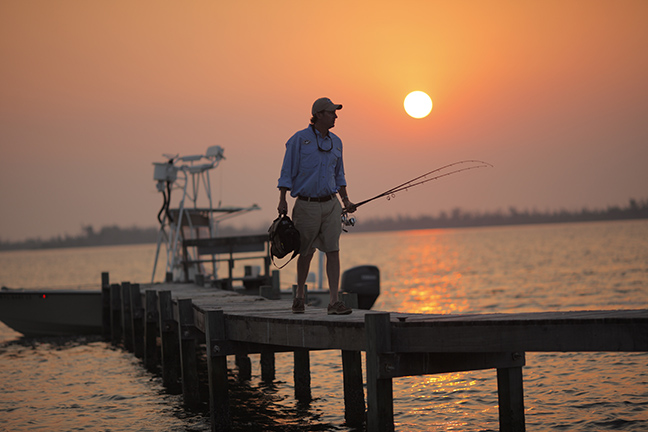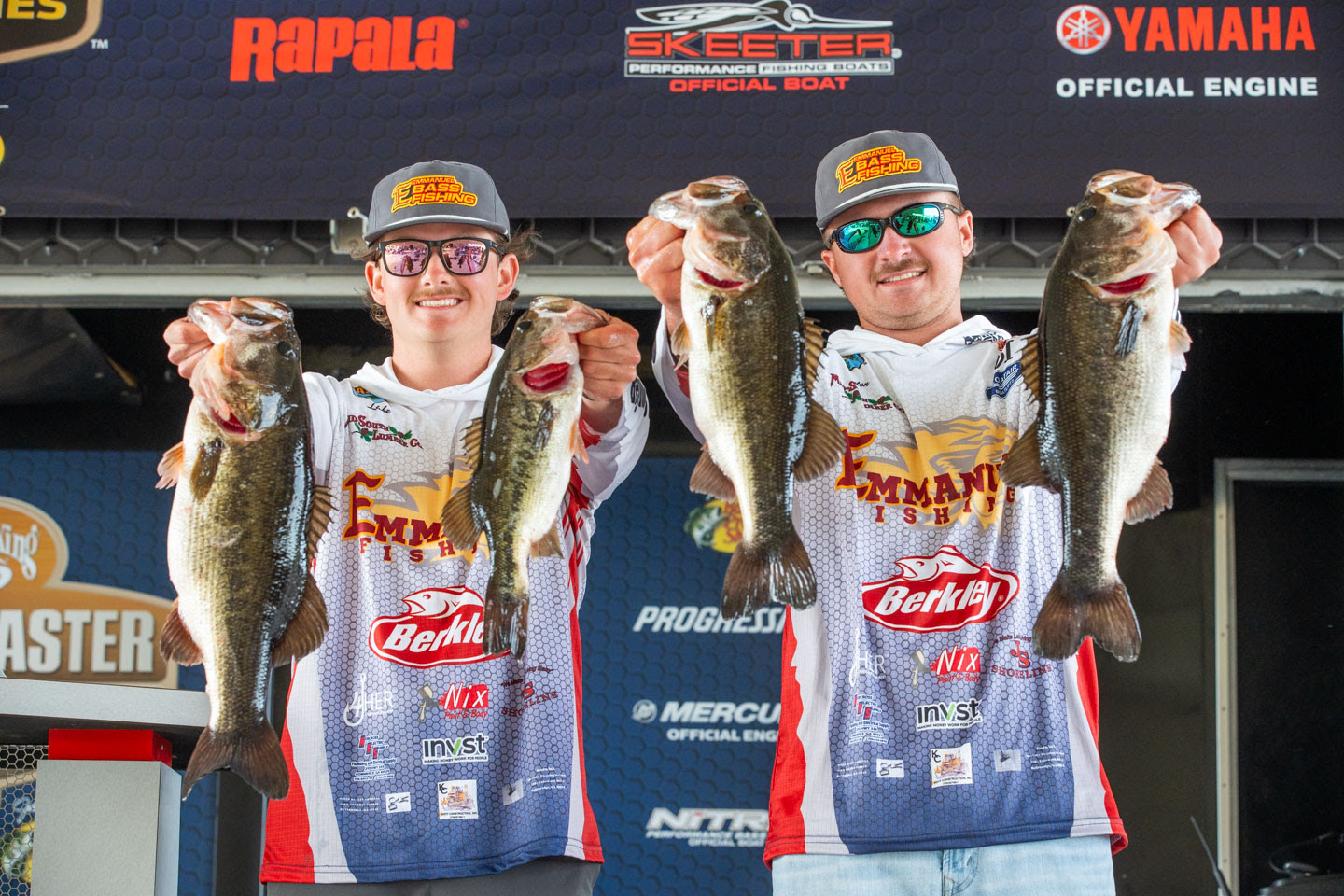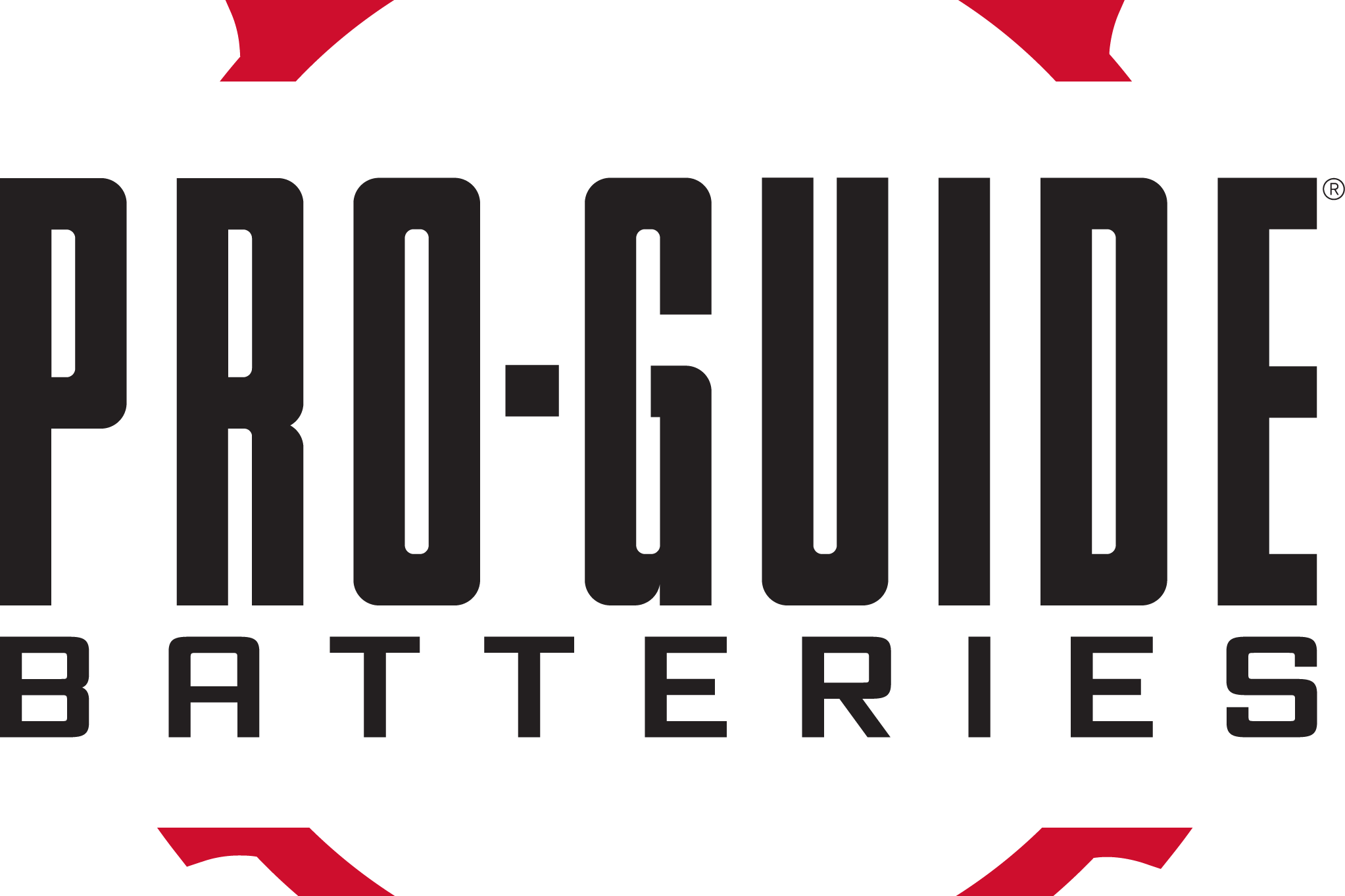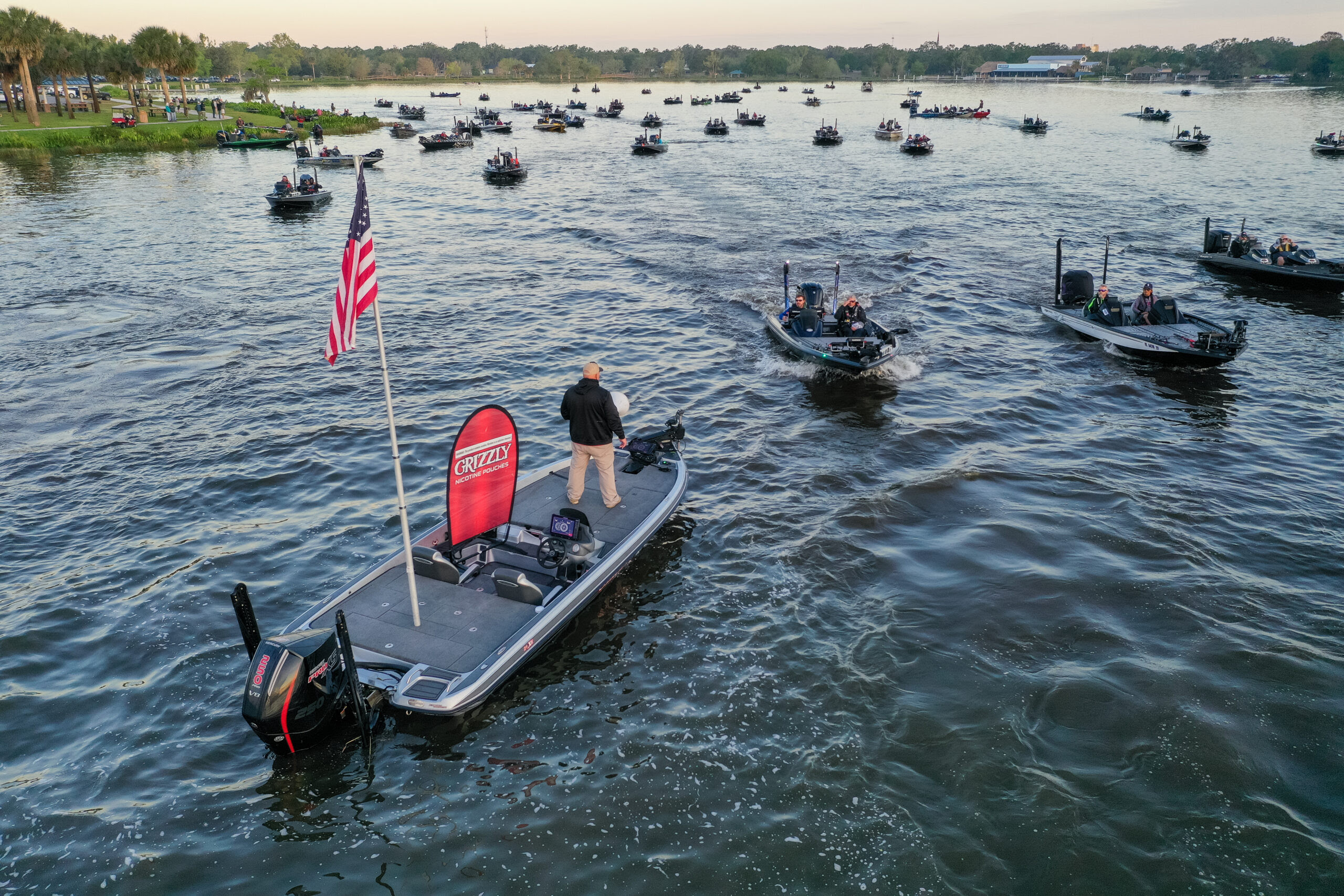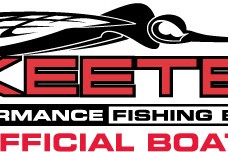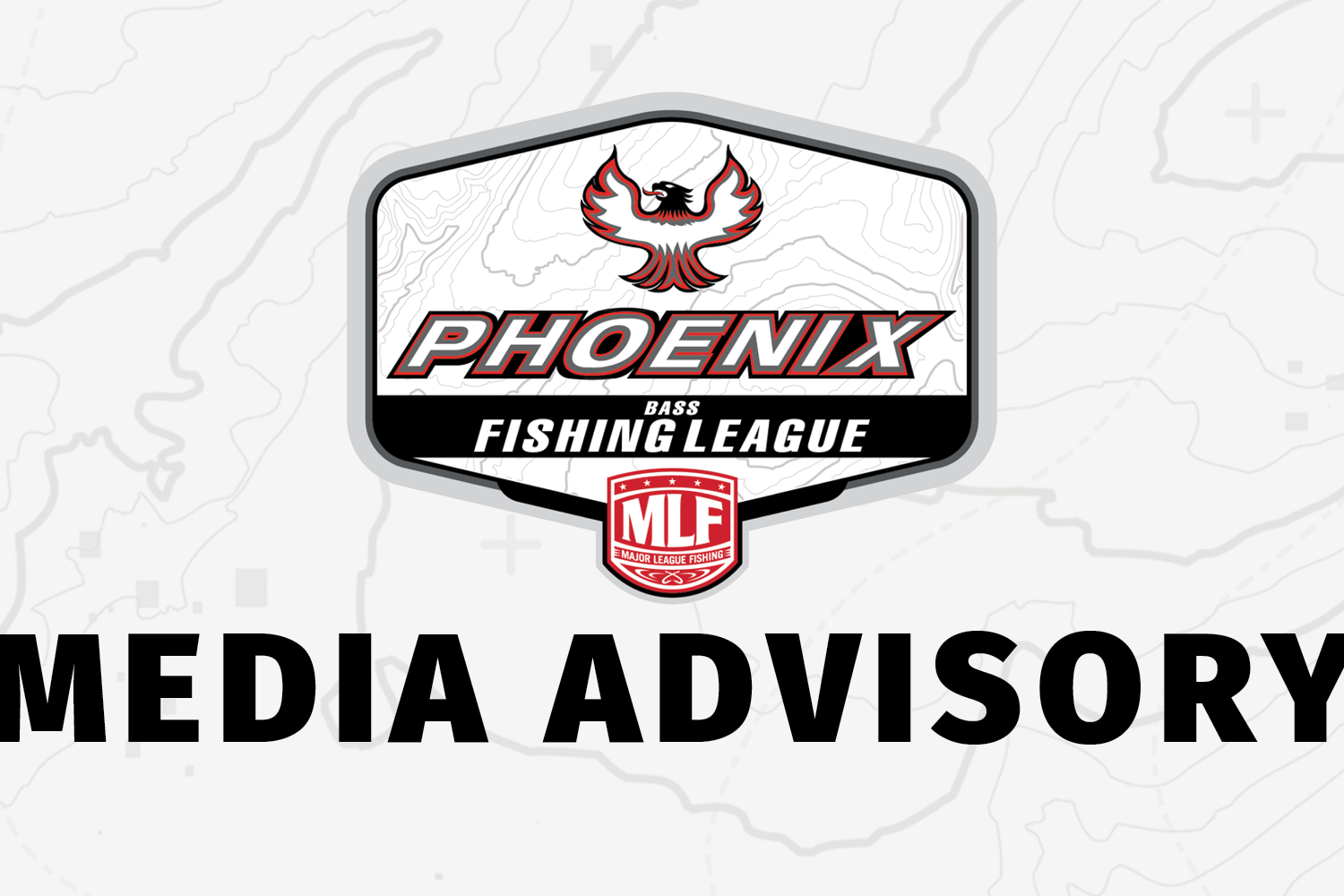Money Where Its Mouth Is
|
NPAA President participates in ASA’s Government Affairs spring meeting to sound off in support of recreational sportfishing. |
|
Forestville, WI (May 16, 2023) – What does an NPAAmembership mean? Simple. Having a voice. A voice in decisions – big and small – that affect the health and welfare of recreational fishing and your access to public waters. NPAA puts their money where their mouth is, too. For example, NPAA President Pat Neu recently traveled to Washington, DC to join the American Sportfishing Association (ASA) Government Affairs Committee for its spring meeting. The group is built of opinion leaders and professionals in the recreational fishing industry, and it’s their influence and actions that serve to protect our sport. Neu, who has been involved with the ASA Government Affairs Committee for a decade, talks history, this year’s discussions, and “hot button” items. “When I first got involved, the sportfishing industry was just getting a seat at the table with Congress. Interests like commercial fishing, offshore wind and oil, and environmental groups were influencing policy that affected sportfishing, but the everyday angler wasn’t being forcefully represented.” “Highly funded environmental organizations wield a lot of power. And, sometimes, they’re like wolves in sheep’s clothing. They’re really preservationists, not wanting anyone to utilize certain public natural resources. To be frank, they think of people as invasive species.” “Sometimes, they actually lobby against anglers and hunters, which is ironic, because it’s the fishing license fees and excise taxes we pay on equipment that actually funds a lot of the federal and state investments in natural resources.” |
|
|
The Good Guys There is an enormous difference between “environmentalism” and “conservationism”. The organizations NPAA aligns with are based on conservation, groups promoting the judicious use of our natural resources and investment in habitat improvement – land, air, and water. Neu identifies some of the good guys: “Organizations like the Coastal Conservation Association, Congressional Sportsmen’s Foundation, Center for Sportfishing Policy, and the Theodore Roosevelt Conservation Partnership also have seats at the table, giving voice to the concerns of anglers and hunters.” |
|
|
Hot Button Issues The ASA Government Affairs Committee placed particular focus on current and looming topics that are having or will have a direct impact on recreational boaters and anglers. “The right whale situation off the Atlantic coast is one of those front-and-center topics,” said Neu. “NOAA (National Oceanic and Atmospheric Administration) is proposing 10 knot speed restrictions out to 100 miles off the coast to include smaller vessels. That would absolutely cripple recreational anglers, charters, and guides, not to mention smaller commercial fishing outfits.” “It’s not that we’re against protecting right whales, but currently, science doesn’t support the proposed restriction. It’s reactionary. Ironically, but not surprisingly, we’re not hearing much about how offshore windfarms might be adversely affecting the navigational abilities of right whales. The evidence is out there. It needs to part of the discussion.” Sharks were also on the ASA Government Affairs Committee’s agenda. Not JAWS or nurse sharks, but the explosion of shark populations along coastal waters. Shark numbers are growing exponentially, and they continue ranging shallower. Ask any saltwater angler or beach lifeguard. Yet, at present, there’s been no action to address growing conflicts between sharks and recreational fishing, including the issue of “depredation” where a shark eats part or whole of an angler’s catch before it’s landed. “All ASA is asking for is the commencement of a study,” said Neu. “Let science lead to a strategy and then begin managing the situation. No different than timber wolf management in the north or protecting sea turtle nesting sites along the Gulf coast.” “We just can’t ignore the shark problem.” A third major subject was taxation – the excise taxes and tariffs companies pay for importing goods. The up-and-up manufacturing members of ASA pay their fair share. Then what’s the beef? Go on Amazon and search “fishing rods,” for example. Plenty of familiar brands. But you’ll also find scores of obscure brands you’ll never find at retail. They’re selling direct through ecommerce. Who is collecting the tariffs and excise taxes? Likely, no one. And who suffers? You do. Because a large portion of the excise taxes paid by legitimate manufacturers goes toward our woods and waters. If you don’t recognize the brand, there’s a reason why. Cheap stuff. No taxes collected. Circumvention of laws. Bad deal for recreational anglers. Want one more? Okay. The threatening cloud of bans on lead tackle. It’s happening fast in Europe, and not necessarily supported by science. “We’ve all heard the stories about loons eating sinkers and dying,” said Neu. “Really? Where’s the science? Ask about any freshwater angler if they’re seeing more or less loons over the last decade. I’m going with more. Why? Habitat improvement, especially shoreline nesting areas and more forage for the loons due to sound fisheries management.” “Again, let’s see the entire scientific story before reactionary policy is made.” |
|
|
Talk…and then Action Politicians are famous for being all talk and no action. All hat and no cattle, as southerners quip. ASA, however, gets to doing. For example, an ASA staff member is assigned to the legislative side of all the above topics. They track, report, advise, and ultimately the organization lobbies for policy that benefits and protects recreational anglers. Circling back to where we started. What does an NPAA membership mean? Simple. Having a voice. A voice in decisions – big and small – that affect the health and welfare of recreational fishing and your access to public waters. |
